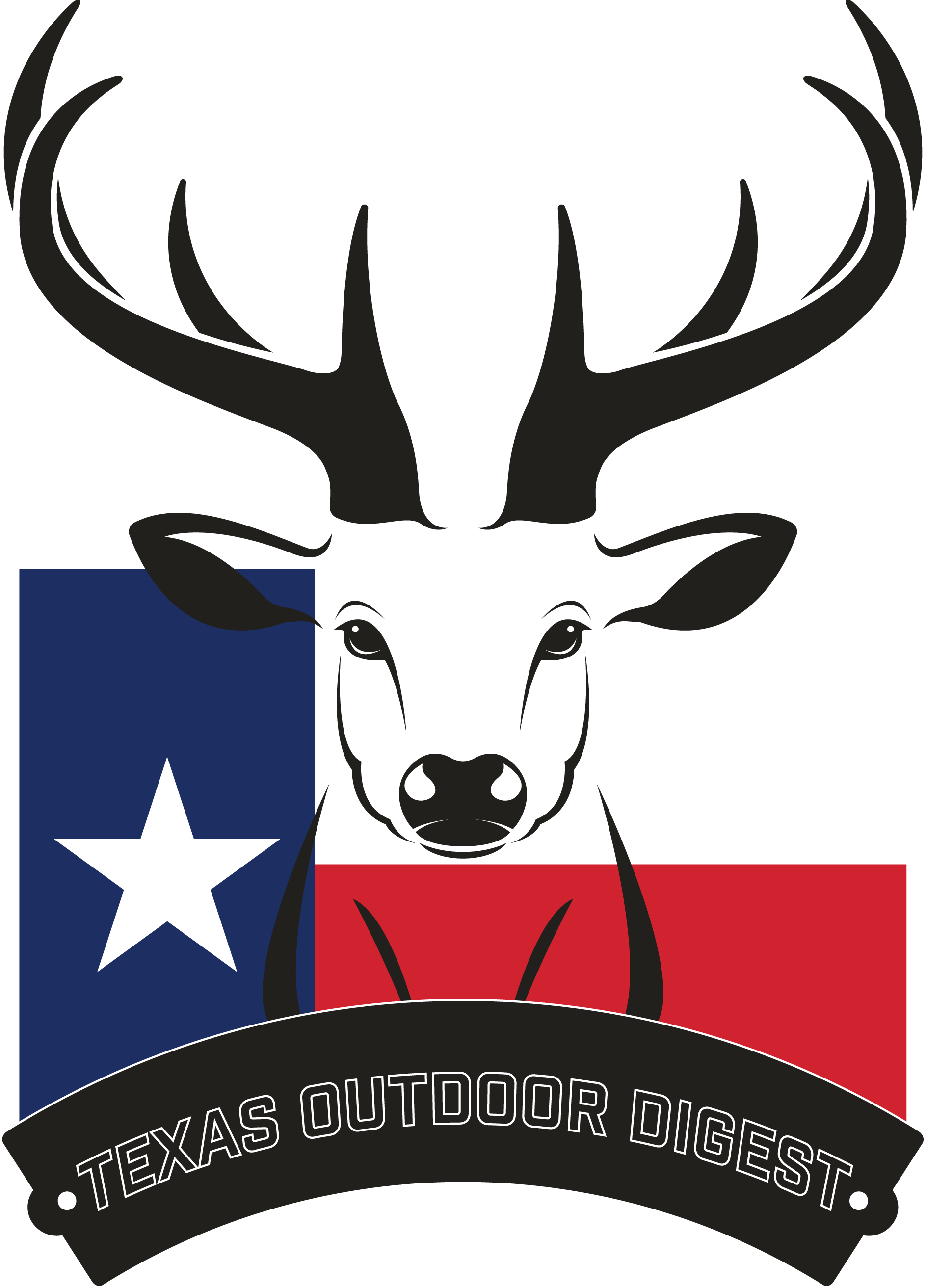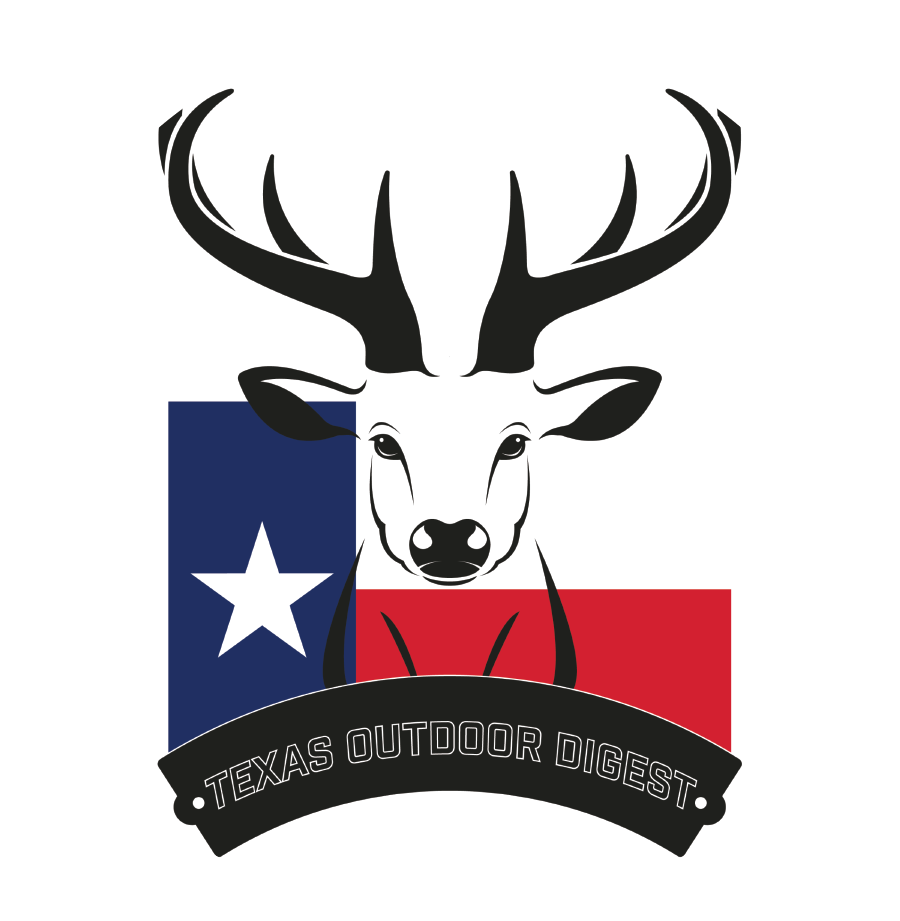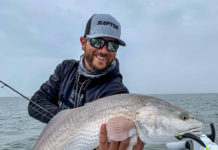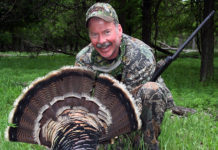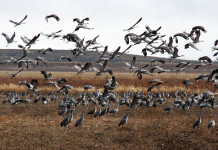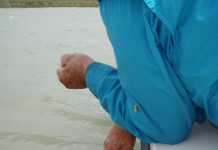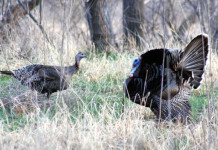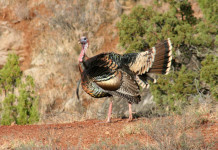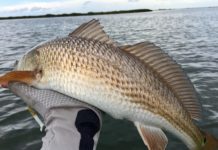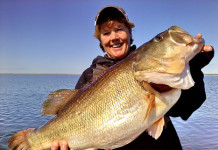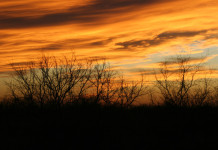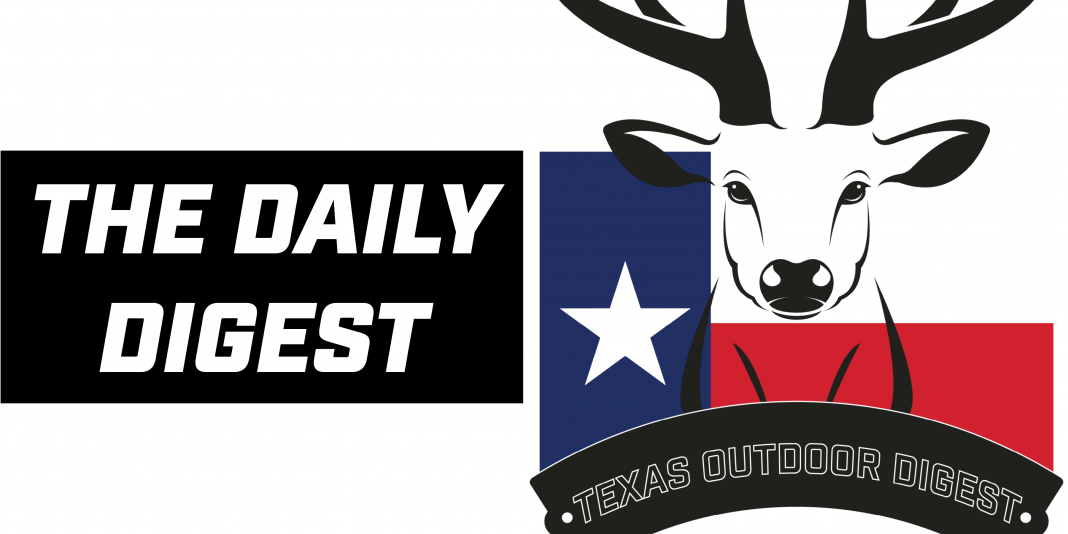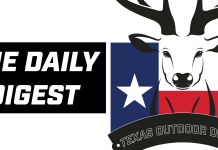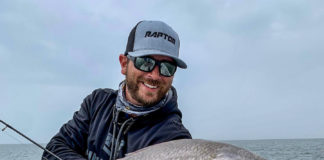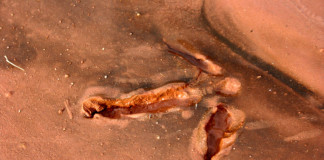The Daily Texas Outdoor Digest is sent to your inbox to keep you up to date about hunting, fishing, conservation and outdoors pursuits making headlines and going viral in the Lone Star State and beyond. It’s free, so subscribe today!
Here’s what’s worth reading today, Saturday, January 30, 2021:
Speckled trout ceviche recipe
UPDATE: New details emerge in Reelfoot Lake double homicide investigation
New details have emerged in an investigation into the shooting deaths of two hunters on Reelfoot Lake earlier this week.
“One of the first things we look for is a motive. Here, we don’t have a motive. We don’t see a motive,” District Attorney Tommy Thomas said.
Three men were in the duck blind on Reelfoot Lake that morning. Thomas says now, investigators are getting a clearer picture of what happened.
Thomas says investigators believe 70-year-old David Vowell approached the blind around 9 a.m., asking if he could hunt in the blind.
The men said yes, but something was off.
“Approximately 9:00, a boat approaches their blind, and that was the suspect, David Vowell. Mr. Vowell asked them if he could hunt out of that blind. They said yes. He started getting his gear together. A few seconds after that, the gun went off, and Mr. Grooms was shot,” Thomas said. “Just a few seconds after he arrived and asked if he could use the blind, and they said yes, and that’s when the survivor noticed him loading his gun, turned around and heard the gunshot, and he thought it was an accident.”
The survivor went to help the injured friend, Zachary Grooms, and that’s when Thomas says Vowell allegedly grabbed another gun and shot Chance Black.
That’s when the surviving victim charged Vowell, pushing him into the water.
“He grabbed the gun away from Vowell. Hit him with it, knocked him out of the boat, and then he took off with the two injured friends in the boat,” Thomas said.
Investigators believe Vowell was able to get up and leave the scene.
CARES Act fisheries disaster funding application available for Texas fishing guides, commercial anglers
Due to the ongoing effects of the COVID – 19 pandemic, the commercial fishing industry is now able to apply for funds from the Coronavirus Aid, Relief, and Economic Security (CARES) Act. This bill was passed by Congress in March 2020 and includes $300 million for coastal states. Texas has been allocated almost $9 million to distribute to eligible commercial fishing sectors.
Eligible sectors of the commercial fishing industry include for-hire guides, commercial fisherman and wholesale dealers. Both resident and non-resident commercial license types in these sectors may be eligible to receive a payment if the applicant is be able to show a greater than 35% loss to the business associated with the license type.
In determining the loss percentage, the impact period will cover the 12-month period from January 1, 2020 to December 31, 2020. The year 2020 average will then be compared to the last five year’s average to determine if the greater than 35% loss threshold is met. Other criteria specific to each commercial fishing sector must also be met.
Applicants are urged to fill out the application online for faster processing. A FAQ section is also available to help answer constituent questions. The application deadline is March 18, 2021.
Bill aims to make some Montana hunting permits once-in-a-lifetime
Making the harvest of moose, mountain goat or bighorn sheep a once-in-a-lifetime experience would allow more hunters to draw those coveted permits and increase the quality of the hunt, a St. Regis lawmaker said in support of his bill.
But opponents of Republican Rep. Denley Loge’s House Bill 202 said Montana’s current permit allocation system is working, and reducing opportunities for hunters to enter the drawing could compromise interest in conserving those species.
Montana uses a lottery system to allocate permits for many hard-to-draw species or areas. With odds for many species extremely low — less than 1% for some sheep permits for example, drawing one is considered a rare and coveted experience for many hunters.
HB 202 would make harvest of an antlered moose, ram bighorn sheep or a mountain goat once-in-a-lifetime, meaning that if a hunter drew but did not kill an animal, he or she could enter the drawing again. The bill also would apply to a grizzly bear permit should the state hold a hunting season.
For someone that does draw a special permit, the law currently mandates a seven-year waiting period before applying again. Montana also has a squared bonus point system, meaning that for each year of application a hunter’s odds increase.
From anti-gun to hunter: How I came to own and respect firearms
A gun is a tool. I have come to appreciate these five words in my 6 years of gun ownership.
As a hunter, guns are an indispensable part of my gear kit. My freezer has waxed and waned with meat procured by rifles and shotguns since 2015. And the shots that procured that meat were fired by my own hands (or the hands of friends who gifted me meat from their own hunts).
But suffice to say, the ownership and handling of guns was the biggest barrier to entry I faced coming to hunting in my 30s. As more folks get into hunting in their adult lives, I’m sure I’m not alone in this. And I might argue that the biggest barrier to hunting isn’t a lack of mentors; it’s figuring out guns and how they might fit into a previously firearm-free lifestyle.
From childhood, where guns were protection, to my young adult life, where they were disastrous, guns remained largely off-limits. But now, as they’ve become tools I use regularly, I think my evolving stance on guns is a story worth telling.
But it’s neither a political statement nor a call to action. It merely shows how one person renegotiated what guns can mean over the course of a lifetime.
California would ban bear hunting under new legislation, even as wild population rebounds
A San Francisco Democrat has introduced a bill that would ban black bear hunting in California, despite a bear population at its highest levels in decades and repeated conflicts with the wild animals in Lake Tahoe and other high-tourist areas.
State Sen. Scott Wiener introduced Senate Bill 252, “The Bear Protection Act” sponsored by the Humane Society of the United States.
The bill would ban California’s sport hunting season that now allows for 1,700 bears killed in the fall and early winter. Under the bill, bears could still be killed under a permit to protect public safety, livestock and for scientific research.
“Over the past few years, black bears have faced unprecedented habitat loss due to climate change and wildfires, and continued sport hunting in California makes survival an even tougher climb,” Wiener said in a news release announcing the bill. “It’s time we stop this inhumane practice once and for all.”
The legislation is likely to create another pitched battle between the considerably large and vociferous animal-rights and hunting communities in California, which itself features a now-extinct California grizzly bear on its flag and is home to tens of thousands of square miles of wilderness hunting grounds stretching from Southern California to the Oregon border.
Wiener cited public opinion polls showing that a majority of Californians support a ban on hunting bears, and he argued that hunting has no effect on population sizes near communities where bear conflicts are common, because hunting is impractical or off limits in those areas.
Hunting and anti-hunting groups locked in tit-for-tat row over data gathering
Longstanding disagreements between hunting groups and anti-hunting activists have broken out into allegations of illegal data gathering from both sides.
Activists claim that two leaked internal documents created by pro-hunting groups suggest they are collecting and holding personal information on hunt saboteurs – activists that use sabotage as a form of direct action to stop illegal fox hunting – and further suggest the data is being shared with counter-terror police.
The saboteurs have accused the hunting groups of illegally collecting their personal information and are now seeking to instigate multiple claims under the General Data Protection Regulation (GDPR).
However, there are allegations these documents have been obtained illegally and may be the subject of a criminal investigation. The hunt supporters involved are also concerned how personal information about hunt members might be used by the activists, following a series of recent data breaches.
The hunting groups and hunt saboteurs deny engaging in any illegal activity.
Stay in the Know With the Daily Texas Outdoor Digest
If you haven’t subscribed yet, there’s no better time than right now (We hate spam and we won’t share your information with anyone. That’s just not cool):
